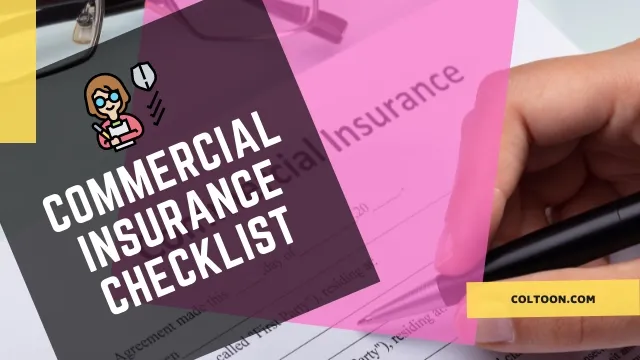When it comes to purchasing commercial insurance business owners must understand that there are some insurance coverages that are mandatory and required by law, some required by contract and yet other insurance coverages are not mandatory or required but are nice to have. Business owners should develop a commercial insurance checklist to help them purchase the right insurance policies to adequately cover their business.
Workers Compensation
Business owners must purchase Workers Compensation insurance as it is federally mandated and state governed. Workers Compensation protects both the employee and the employer. The employee is protected because it provides reimbursement for medical expenses incurred as a result of a job related injury or illness. The coverage also protects the employer in the event the employee elects not to accept coverage provided by the policy and opts to file suit against the employer instead. The employer’s liability section of the Workers Compensation policy covers such suits. Read also: How to Obtain an Insurance Broker’s License in Texas.
Disability Insurance
Disability insurance is not mandatory in all states. As of this writing, California, Hawaii, New Jersey, New York, Rhode Island and the Commonwealth of Puerto Rico require employers to provide disability insurance. The purpose of the coverage is to provide insurance coverage for non occupational injuries/illnesses. Requirements vary from state to state, so it’s best to visit your state’s Department of Insurance for state compliance requirements.
Business Automobile Policy
If a business owns or leases automobiles and registers them in the company name, then a business automobile insurance policy is required. Even if the company does not own or lease vehicles but rents cars on occasion while employees are on company business, then the owner should purchase what is called a “non owned and hired car” business auto policy which will protect the business in the event of an accident. Read also: How to Find California Insurance Continuing Education Classes.
Property Insurance Coverage
Property insurance may not be mandated by state or federal law, but the business owner may contractually be obligated to purchase the coverage. Whether the business owns the building or leases it, property insurance is usually required by the bank holding the mortgage or the leasing company leasing the space. In addition to providing coverage for the physical building, property insurance policies reimburse business owners in the event their contents, such as desks, furniture, equipment, is damaged as a result of a covered loss.
Commercial General Liability Insurance
Commercial general liability insurance, which isn’t mandated by law but may be required by contract, covers the policyholder in the event of third-party claims. In an office location, for example, general liability policy will cover things like visitor slip and falls. Commercial General Liability policies also provide defense coverage in the event of a law suit. Read also: How to Locate NY Insurance Continuing Education Classes Online.
Umbrella Liability Policy
The umbrella policy provides additional coverage over and above the underlying liability policies. In other words, it provides limits in excess of the auto liability, employer’s liability and commercial general liability policies. This is not a mandated coverage but business owners are strongly encouraged to purchase a policy to protect their business interests.
Business owners should discuss their business exposures with their insurance agent. The agent, after evaluating the risk, can recommend additional coverages to protect the owner and the business.

